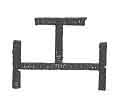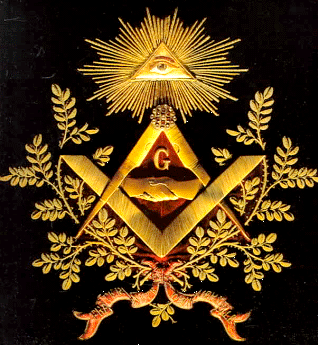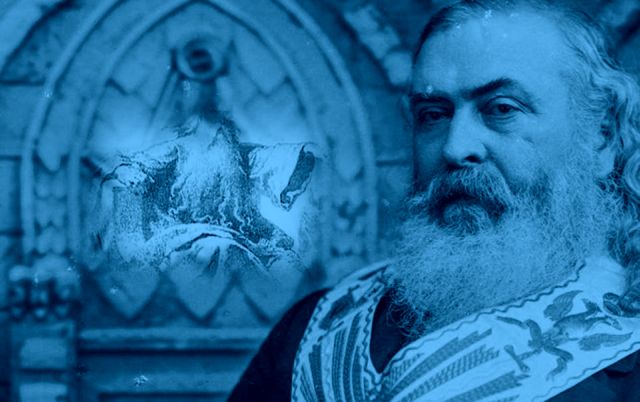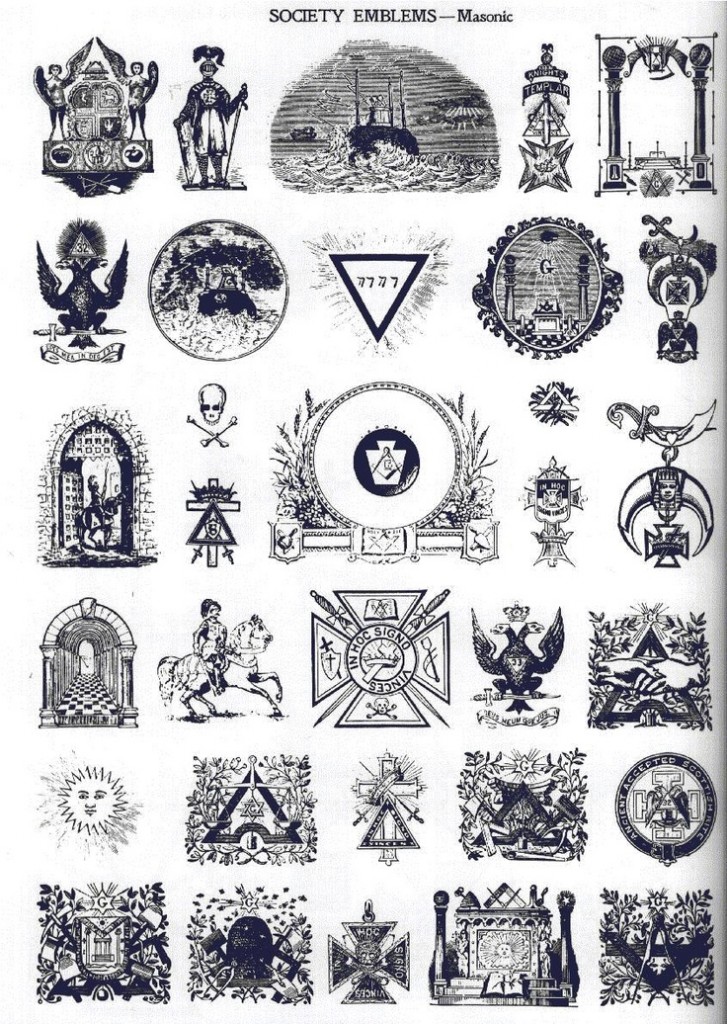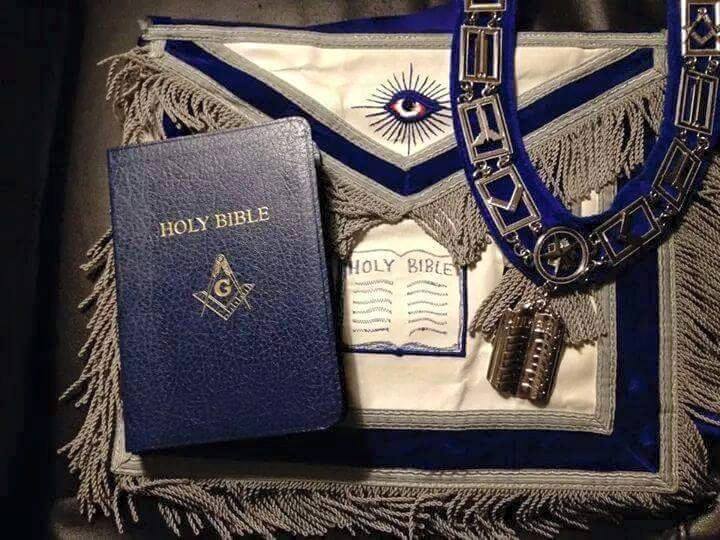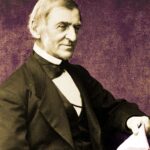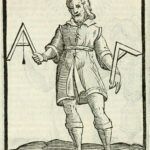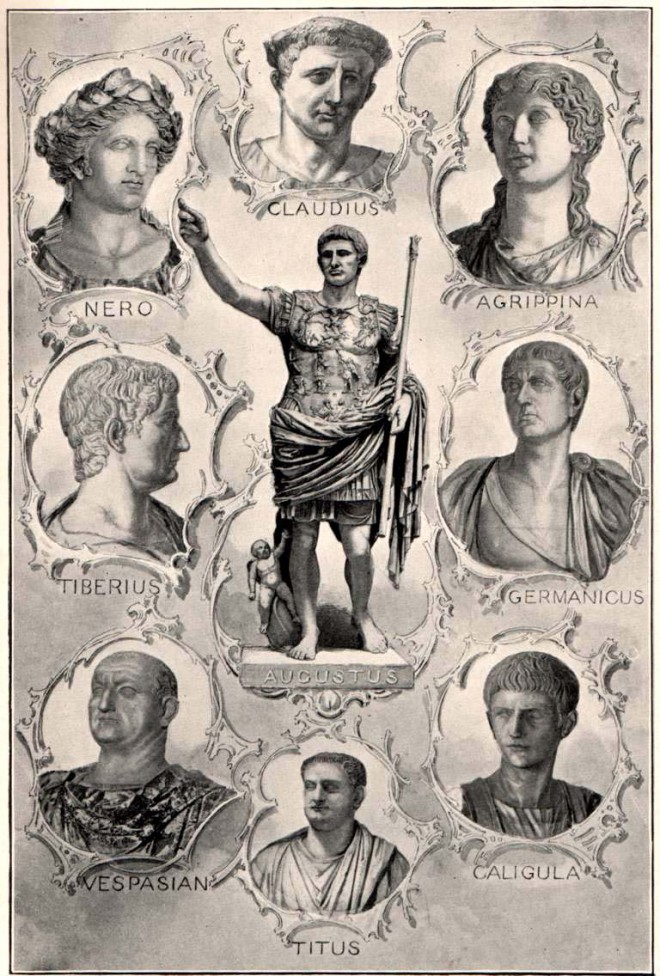Page 375
century we find ninety-six delegates to the United States Anti-Masonic Convention, every one doubtless a member of some Protestant Church, and claiming the respect due to men of honor and gentlemen, offering the most Jesuitical arguments against the validity of a Masonic oath. The Committee, pretending to quote the authority of “the most distinguished guides in the philosophy of morals, and claiming the most ample support of the inspired . . . who wrote before Freemasonry existed,” resolved that, as an oath was “a transaction between man on one part and the Almighty Judge on the other,” and the Masons were all infidels and “unfit for civil trust,” therefore their oaths had to be considered illegal and not binding.
But we will return to these Lectures of Robertson and his charges against Masonry. The greatest accusation brought against the latter is that Masons reject a personal God (this on the authority of Barruel and Robison), and that they claim to be in possession of a “secret to make men better and happier than Christ, his apostles and his Church have made them.” Were the latter accusation but half true, it might yet allow the consoling hope that they had really found that secret by breaking off entirely from the mythical Christ of the Church and the official Jehovah. But both the accusations are simply as malicious as they are absurd and untrue; as we shall presently see.
Let it not be imagined that we are influenced by personal feeling in any of our reflections upon Masonry. So far from this being the case we unhesitatingly proclaim our highest respect for the original purposes of the Order and some of our most valued friends are within its membership. We say naught against Masonry as it should be, but denounce it as, thanks to the intriguing clergy, both Catholic and Protestant, it now begins to be. Professedly the most absolute of democracies, it is practically the appanage of aristocracy, wealth, and personal ambition. Professedly the teacher of true ethics, it is debased into a propaganda of anthropomorphic theology. The half-naked apprentice, brought before the master during the initiation of the first degree, is taught that at the door of the lodge every social distinction is laid aside, and the poorest brother is the peer of every other, though a reigning sovereign or an imperial prince. In practice, the Craft turns lickspittle in every monarchical country, to any regal scion who may deign, for the sake of using it as a political tool, to put on the once symbolical lambskin.
How far gone is the Masonic Fraternity in this direction, we can judge
Page 376
from the words of one of its highest authorities. John Yarker, Junior, of England; Past Grand Warden of the Grand Lodge of Greece; Grand Master of the Rite of Swedenborg; also Grand Master of the Ancient and Primitive Rite of Masonry, and Heaven only knows what else, says that Masonry could lose nothing by “the adoption of a higher (not pecuniary) standard of membership and morality, with exclusion from the ‘purple’ of all who inculcate frauds, sham, historical degrees, and other immoral abuses” (page 158). And again, on page 157: “As the Masonic Fraternity is now governed, the Craft is fast becoming the paradise of the bon vivant; of the ‘charitable’ hypocrite, who forgets the version of St. Paul, and decorates his breast with the ‘charity jewel’ (having by this judicious expenditure obtained the ‘purple’ he metes out judgment to other brethren of greater ability and morality but less means); the manufacturer of paltry Masonic tinsel; the rascally merchant who swindles in hundreds, and even thousands, by appealing to the tender consciences of those few who do regard their O. B.’s; and the Masonic ‘Emperors’ and other charlatans who make power or money out of the aristocratic pretensions which they have tacked on to our institution — ad captandum vulgus.”
We have no wish to make a pretence of exposing secrets long since hawked about the world by perjured Masons. Everything vital, whether in symbolical representations, rites, or passwords, as used in modern Freemasonry, is known in the Eastern fraternities; though there seems to be no intercourse or connection between them. If Medea is described by Ovid as having “arm, breast, and knee made bare, left foot slipshod”; and Virgil, speaking of Dido, shows this “Queen herself . . . now resolute on death, having one foot bare, etc.,” why doubt that there are in the East real “Patriarchs of the sacred Vedas,” explaining the esotericism of pure Hindu theology and Brahmanism quite as thoroughly as European “Patriarchs”?

Moe is the founder of GnosticWarrior.com. He is a father, husband, author, martial arts black belt, and an expert in Gnosticism, the occult, and esotericism.

